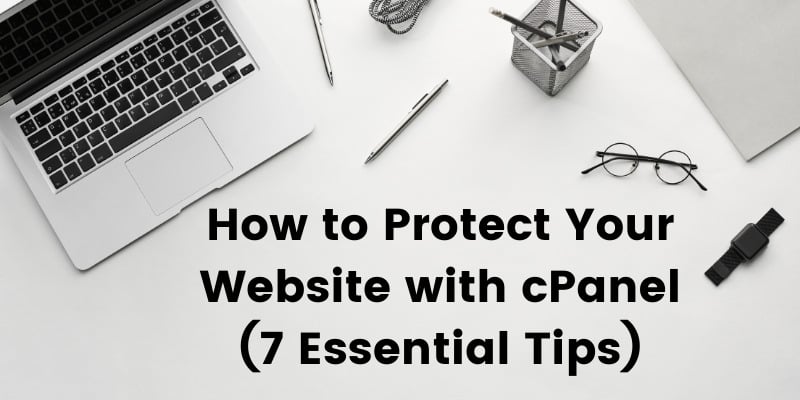- Dec 04, 2015
 0
0- by A2 Marketing Team
Over the past 10 years, Google has used focus groups to help them review their search results and the quality of the pages that they rank highly. If a user in the program, called a Search Quality Rater, gives a site a low rating, that doesn’t actually (immediately) impact current Google rankings. Rather Google sets their Search Quality Raters into action for running their experiments. For example, if Google decided to run a specific mobile site experiment, the Search Quality raters are used to both help Google run that experiment and to better understand the experiments they’re running.
The Search Raters base their site scores for these experiments on the guidelines Google provides them with. Google has actually publicly released these Search Quality Raters Guidelines. This is great news for webmasters. These guidelines won’t give you the secret recipe to skyrocket your pages to the top of search rankings. As you can imagine that would set a flood of black hat SEOs into motion trying to manipulate their sites to garner top rankings. Rather the document includes extremely valuable information about what Google deems as quality as well as the type of sites they want at the top of their results.
If you have followed our blog posts in the past, we cover a lot of these guidelines fairly closely so they shouldn’t really come as a surprise. However the document is 160 pages long so I’ve saved you some time by providing a breakdown of five of the key points listed in Google’s guideline below:
- Mobile Friendliness
This may actually be the biggest takeaway from the document. How important is this? It’s so important that all sites are now viewed on mobile devices by raters. The lowest score possible is given to sites that are not usable on mobile devices. Google has been urging webmasters to make sure their sites are mobile friendly for awhile now, so again this one shouldn’t come as a surprise.
- The Focal Point Of Your Pages Should Be….
Content!!! Don’t make your users scroll below ads to read your content. Make it the main portion of your pages.
- Your Reputation
If you’re writing content that specifically can impact your readers quality of life (health, income etc.), Google believes your reputation is very important. They don’t want to rank any random person’s site at the top of the rankings for this critical sort of information. Search Quality Raters are directed to Wikipedia to search for your reputation. You’ll want to make sure your Wikipedia page is in order especially if you’re running a quality of life topic site.
- Don’t try to fool Google by changing publish dates
Some sites have tried to make their content appear more timely by changing the date it was actually published. Raters are instructed to use the Wayback Machine in case they suspect you have done just that on your pages.
- Avoid spammy content, copied/duplicate content & keyword stuffing
This is pretty much the SEO 101 stuff.










